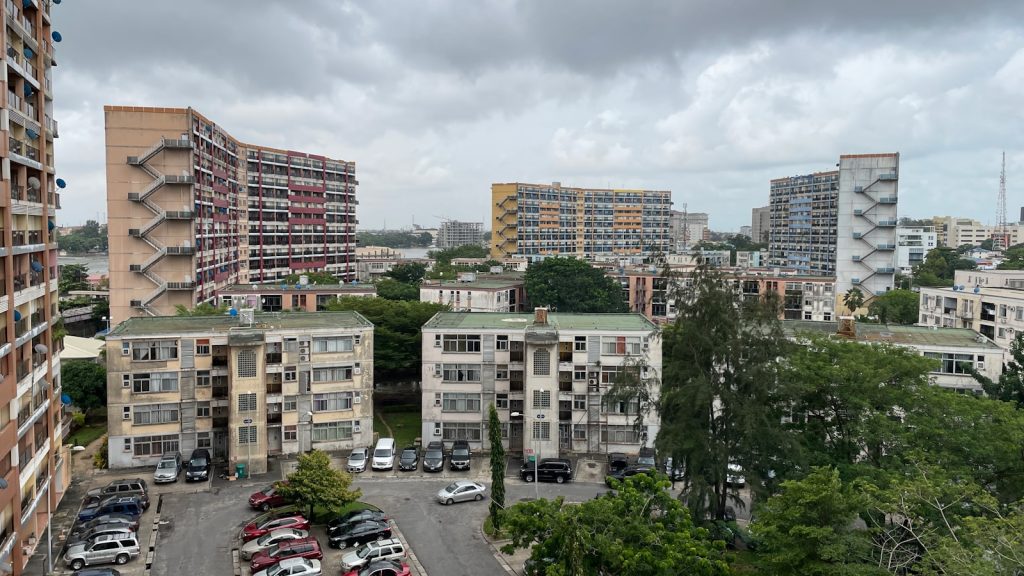HOW HIGH-NET-WORTH INDIVIDUALS IN NIGERIA CAN LEGALLY PROTECT THEIR ASSETS FROM BUSINESS RISKS AND PERSONAL CLAIMS

High-net-worth individuals in Nigeria face a unique problem: the more wealth they accumulate, the more exposed they become. A single lawsuit, a failed partnership, a marital dispute, or a business liability can wipe out assets built over many years. Most wealthy Nigerians rely on informal arrangements or verbal promises,until something goes wrong. Proper asset protection […]
THE NIGERIA TAX ACT 2025: GUIDE FOR SMALL BUSINESSES (BELOW N50M)

Kemi registered a limited liability company, instantly her business became a separate person. Kemi paid tax on N5M but made N20M
BEYOND THE HEADLINES: LEGAL LESSONS FROM THE REGINA DANIELS AND NED NWOKO’S MARRIAGE

The public debate over the marriage of Regina Daniels and Ned Nwoko has ignited strong feelings and cultural discussions across Nigeria. Yet, beyond the viral headlines, there is an important legal case study that touches on key aspects of Nigerian family law, including types of marriage, customs, constitutional rights, child protection, sexual consent and property […]
HOW TO DO LEGAL BACKGROUND CHECK ON ANY REAL ESTATE COMPANY IN NIGERIA

The Nigerian real estate market is among the fastest-growing sectors in Africa. It’s also unfortunately a leading target for scammers posing as developers and brokers, most notably on social media. Millions of Naira are lost to fictitious firms or unregistered real estate scams annually, rendering countless unsuspecting investors penniless. Before you invest in any estate […]
HOW TO VOLUNTARILY WIND UP A COMPANY IN NIGERIA

In Nigeria, a company can be wound up voluntarily by resolution of its shareholders or compulsorily by an order of court. Voluntary winding up of a company involves the resolution of all its affairs and legal dissolution of the company as a corporate entity. This article addresses voluntary winding up in line with procedures, duties […]
REMEDIES FOR VICTIMS OF ONLINE DEFAMATION AND CYBERBULLYING IN NIGERIA

The rise of social media and digital platforms has transformed how people connect and share information. Unfortunately, it has also led to an increase in harmful conduct such as online defamation and cyberbullying, which often cause reputational damage, emotional distress, and even financial loss for victims. Unlike traditional forms of defamation, online abuse spreads faster, […]
LIST OF TRADEMARK CLASSES IN NIGERIA

A registered trademark is an identity and distinction that sets apart products of particular providers from those of others in the marketplace and affords the opportunity to benefit from the valuable reputation built over time in course of using the trademark. Trademark applications are arranged according to the description and scope of the type of […]
LEGAL DUTIES OF EXECUTORS IN ESTATE MANAGEMENT AND PROBATE IN NIGERIA

The death of a person triggers a series of legal processes for the administration and distribution of their estate. One can die testate (with a valid Will) or intestate (without a Will) in law. In the event of a person dying testate, the Testator (drafter of the Will) has to appoint persons to oversee the […]
SUMMARY OF TAXES APPLICABLE TO COMPANIES IN NIGERIA

Taxes in Nigeria are levied on the individual and companies, and are collected mainly by the Federal Inland Revenue Service (FIRS) on behalf of the Federal Government. Some taxes are mandated under the law, including Company Income Tax, Petroleum Profit Tax, Capital Gains Tax, Value Added Tax, Stamp Duties, Personal Income Tax, Withholding Tax, Education […]
HOW TO SET UP A TRUST FUND IN NIGERIA
Trust funds are gaining popularity as more individuals seek effective strategies for managing and safeguarding their wealth. These financial structures provide long-term security for both the settlor and their beneficiaries. While the concept may seem complex, establishing a trust fund is a straightforward process when broken into clear steps. This guide explores how to create […]
